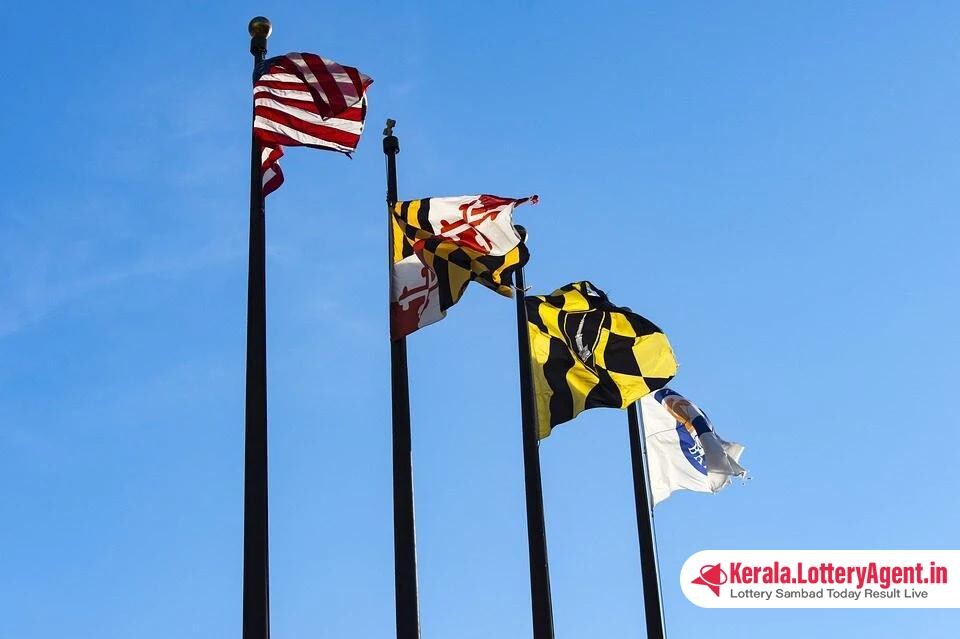
In an urgent legislative push, the Maryland House has passed a pivotal bill concerning the future of internet gambling. On a Saturday, two days shy of the critical crossover deadline, the House voted decisively—by a 92-43 margin—to allow Maryland residents to vote on the legalization of online casinos. This landmark decision will be on the ballot this coming November, if the bill can also clear the Senate, which has less than a month to deliberate and pass the bill before the general assembly adjourns on April 8.
The potential impact of online casino legalization is significant, as evidenced by a substantial $1.3 billion budget plan unveiled by the House leadership on March 15. According to the Associated Press, the framework relies heavily on expected tax revenue from internet gambling to support forthcoming education and transportation costs.
Anticipation is high, with industry insiders closely monitoring Maryland, which is considered to have the highest likelihood of passing an online casino bill within the current year. Other than Maine, no other state is still actively considering such legislation. Earlier expectations were set high at the start of the legislative season, with speculation that multiple states, including Illinois and New York, might push through legalization. These hopes, however, have been hindered by various challenges ranging from misconceptions about what constitutes “online gaming” to beliefs among regional stakeholders that they would not gain from the proposed bills.
As the bill journeyed through the House, it encountered a plethora of amendments, some perceived as setbacks by the industry, which anticipates lobbying against these amendments in the Senate. The House bill, HB 1319, was notably modified by Representative Vanessa Atterbeary to expand the availability of licenses and prohibit the use of credit cards for funding accounts, while laying down provisions for diversity, equity, and inclusion.
The legislation establishes a minimum tax rate of 55% on electronic games—comparable to the 18-57% range in the seven states where online casinos are legal—and sets a 20% tax rate for live-dealer games. The initial licensing fee for operators is pegged at $1 million for a five-year period, with renewal costs calculated at 1% of the operator’s average annual profits for the preceding three years. This generated revenue will be allocated to Maryland’s “Blueprint for Maryland’s Future”, with a portion also directed to communities hosting physical casinos, horse racetracks, as well as minority and women-owned businesses. Additionally, 1% of the taxes would support problem gambling and responsible gaming initiatives.
The bill proposes a three-tier licensing structure with “social equity partners” central to this design. These partners are defined by criteria such as residence in economically disadvantaged areas, attendance at specific educational institutions, or maintaining a net worth below thresholds set by the state lottery commission, which will regulate the industry. Maryland’s six current casinos are eligible for online gambling licenses, provided they are at least 5% owned by a social equity partner, with the possibility of obtaining additional licenses if the ownership by such partners is 33% or greater.
Beyond these, “Class B” licenses are also up for grabs for four off-track betting (OTB) locations, two bingo halls currently licensed for online sports betting, and the Black-owned media company Urban One. A minimum of five and a maximum of 18 stand-alone digital gambling licenses will be open through a competitive bidding process, with the initial round exclusively for social equity candidates.
This move toward online gaming follows the legalizing of online sports betting in Maryland in 2020, which featured the most stringent minority-inclusive regulations in the U.S. Consequently, the state experienced a slower regulatory implementation, with the lottery commission needing two years to formulate suitable rules and for operators to comply—placing Maryland among the slowest jurisdictions to transition from legal approval to operational online gaming, trailing only behind Arkansas and Puerto Rico.
Even as the House bill progresses, opposition remains. Reports have surfaced about casino-worker unions and Republican lawmakers rallying against the prospect of online casinos due to concerns over potential job loss. The path towards online casino legislation in Maryland hence remains complex and closely contested as the bill progresses to the Senate.












